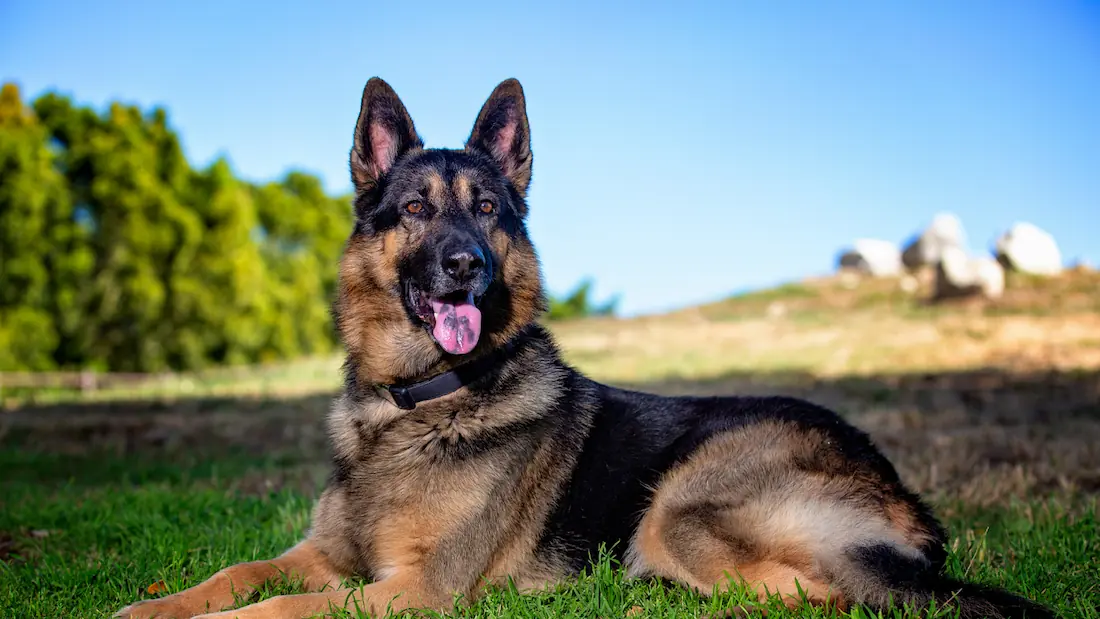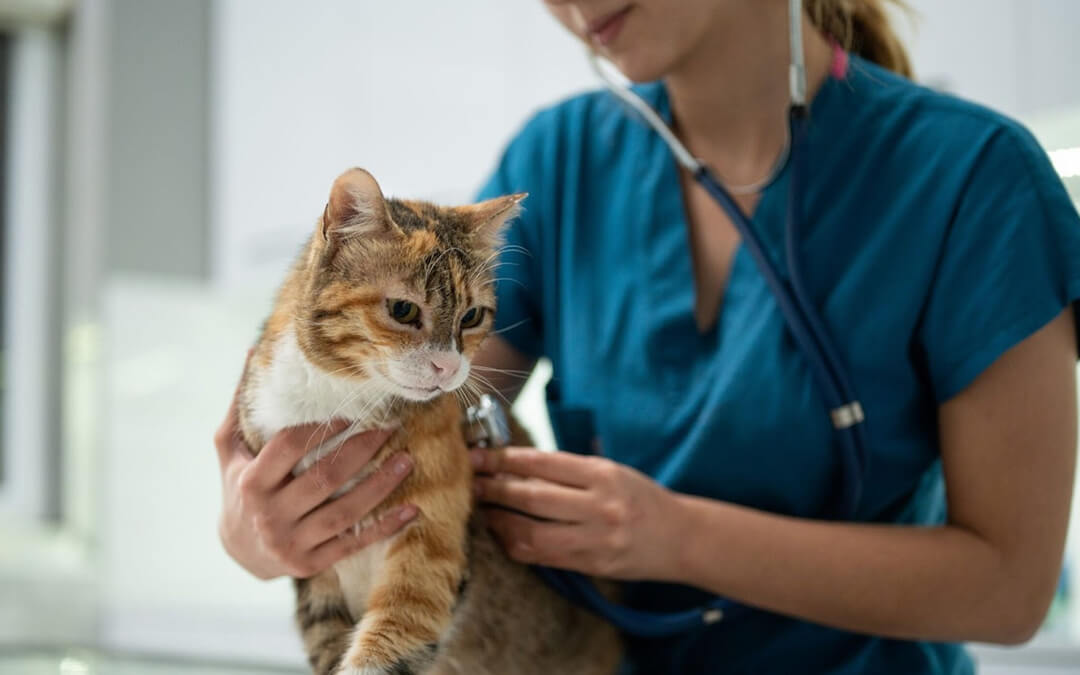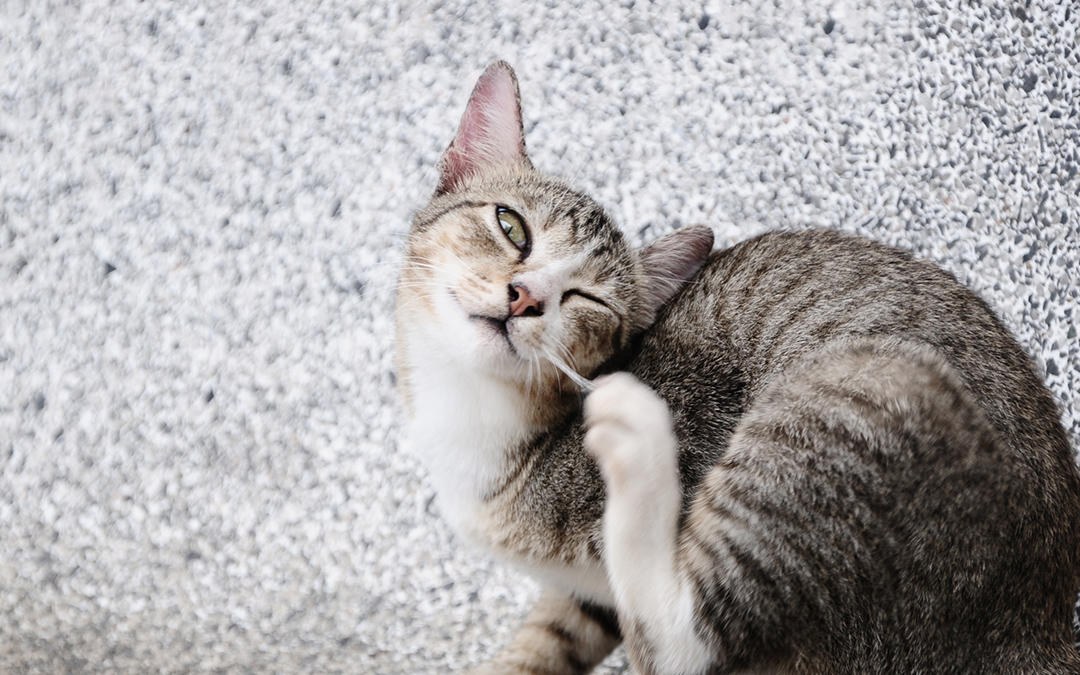Plenty of dogs will bark at the doorbell, but some go above and beyond when it comes to keeping your home and family safe. The best guard dog isn’t just the biggest or loudest. They’re smart, loyal, and able to tell the difference between a friend and a potential threat. And with the right training and socialization, many of these dogs also make great family pets who are gentle with kids and friendly with other animals.
Let’s walk through what makes a great guard dog, and our picks for the best dogs for protection in 2025.
What to Look For in a Guard Dog
A good guard dog needs more than just muscle. You’re looking for a dog that’s smart enough to know the difference between a stranger and a threat, and one that listens to you no matter what.
Here’s what we recommend looking for:
- Natural protective instincts: They don’t have to be aggressive, but they should be confident and alert.
- Trainability: Many of the best guard dogs are also some of the smartest dog breeds, which means they pick up on commands and routines fast.
- Loyalty: They’ll go to the ends of the earth for their people.
- Ability to live with others: If you’ve got small children, other pets, or a lot of visitors, you’ll want a dog who can tell the difference between normal and threatening situations.
Can Guard Dogs Be Family Pets, Too?
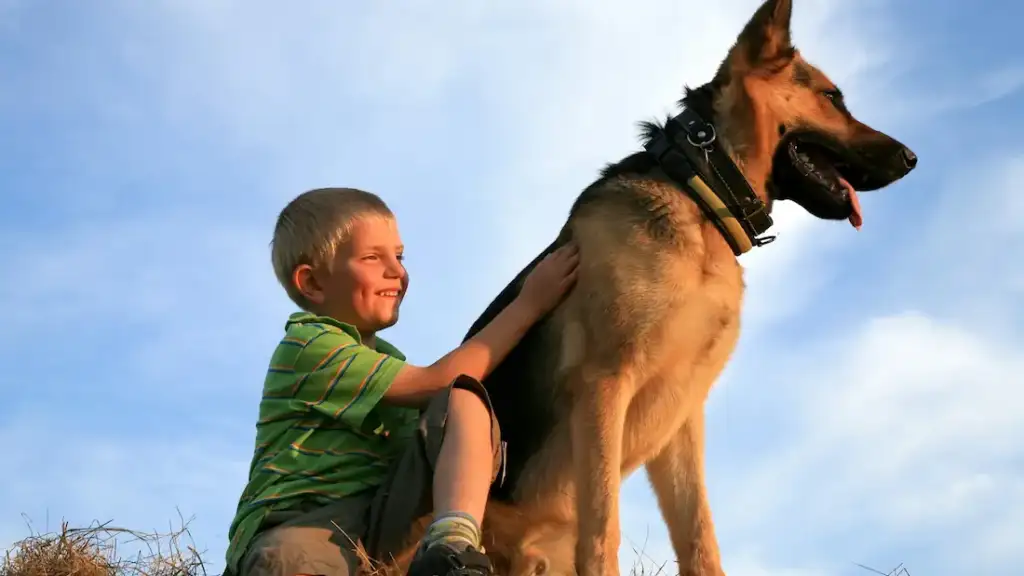

Absolutely—if you raise them right.
Many protective dog breeds are also incredibly loving. In fact, their protective nature usually comes from how bonded they are to their human family members. With proper training and socialization, most guard dogs can live peacefully with other dogs, other animals, and even become best buddies with your kids.
Start basic obedience training young, make sure they’re getting regular exposure to new people and places, and you’ll have a dog that brings both companionship and protection to your home.
What Are The Best Dogs For Protection?


Here’s our short list of excellent guard dogs who bring the full package: loyalty, smarts, trainability, and heart.
1. German Shepherd
There’s a reason German Shepherds are such popular guard dogs—they’re the total package. These dogs are incredibly smart, loyal, and confident. They were originally bred for herding, but over the years, they’ve become trusted working dogs in law enforcement, military, and service roles. That same level of attentiveness and loyalty makes them amazing protectors at home.
German Shepherds are great with families, including small children, when raised with consistent structure and obedience training. They thrive when they have a job to do, so don’t be surprised if they start patrolling the yard or positioning themselves between you and the front door. With their natural instinct to guard and deep bond with their people, they’re one of the most loyal and protective dog breeds out there.
- Why we love them: They’re one of the smartest breeds out there and have an incredible sense for what’s “normal” and what’s not.
- Things to know: They need regular exercise, a job to do, and obedience training early on.
2. Doberman Pinscher
Dobermans are sleek, fast, and super smart. They were originally bred as guard dogs, and they still excel in that role today. These dogs have a reputation for being fearless and assertive, but with their family, they’re often sweet, goofy, and naturally affectionate.
Their protective nature is strong, and their athleticism means they’ll have no trouble springing into action if needed. Just know that this energetic breed needs structure, daily exercise, and firm but loving training. Start early, and you’ll have a watchdog that’s also a cuddle buddy.
- Why we love them: Super smart, loyal, and athletic.
- Things to know: They need lots of mental stimulation and should start training at a young age.
3. Belgian Malinois
If you’ve ever seen a military K9 unit or war dog in action, there’s a good chance you were watching a Belgian Malinois at work. These dogs are absolute powerhouses—fast, focused, and fearless. But they’re not just built for high-stakes missions; with the right environment and training, they can also make incredible family protectors.
That said, Malinois are intense. This breed is not for everyone, especially first-time dog owners. They need a lot of physical and mental stimulation. But if you’re an active family who can commit to ongoing obedience training, the payoff is huge.
- Why we love them: Their drive to protect and serve is unmatched.
- Things to know: This breed is intense. Not ideal for first-time dog owners unless you’re ready to commit to structured training and daily exercise.
4. Australian Shepherd
You might not think of an Aussie as a traditional guard dog, but don’t let their friendly face fool you. These herding dogs are smart, alert, and always watching. Their natural instinct is to protect their “flock”—which usually includes you, your kids, and even your cat. If something seems off, they’ll be the first to notice.
Australian Shepherds are great dogs for family life. They’re good with other pets, love kids, and are always up for a game of fetch. They may not be intimidating to strangers, but their loud bark and intense awareness make them great watchdogs. Plus, they’re a joy to live with—full of energy, affection, and curiosity.
- Why we love them: Big brains in a medium body, plus tons of personality.
- Things to know: They’re high-energy and happiest when they’ve got something to do.
5. Rottweiler
Rottweilers are calm, confident, and seriously strong. Historically used as guard dogs and cattle protectors, they’re built like tanks but often have a soft spot for their people. A well-trained Rottweiler is steady, alert, and knows when to step in, but they’re not overreactive or aggressive without reason.
With proper training, Rottweilers can be fantastic around small children and other dogs. They’re not the kind of dog that needs to be constantly busy, but they do need structure and consistent leadership. If you’re willing to put in the work early—especially with obedience training and early socialization—you’ll be rewarded with one of the most dependable protective dogs out there.
- Why we love them: Calm, courageous, and naturally suspicious of strangers (in a good way).
- Things to know: Early socialization is key. A well-trained Rottweiler is a fantastic family protector.
6. Cane Corso
The Cane Corso is a true guardian breed, originally developed in Italy to protect livestock and property. These dogs are big, powerful, and alert. They’re often misunderstood as aggressive, but in truth, a well-socialized Cane Corso is calm, observant, and completely devoted to their family.
These dogs don’t miss much. They’re naturally suspicious of strangers, and their sheer size makes most people think twice. But with their people? They’re affectionate, loyal, and even a little goofy. The key is starting early with training and exposing them to a wide range of experiences from puppyhood. With the right owner, the Cane Corso is an amazing blend of protector and companion.
- Why we love them: They’re confident, powerful, and surprisingly affectionate with their people.
- Things to know: They need strong leadership and consistent training from day one.
7. Bullmastiff
If you’re looking for a large dog who doesn’t need to run marathons but still has a protective nature, the Bullmastiff might be your perfect match. Originally bred to guard estates from intruders, Bullmastiffs are natural home protectors. They’re quiet, patient, and don’t bark unless they mean it.
Despite their size, Bullmastiffs are known for being gentle with children and other pets when raised in a loving, structured home. They’ll often choose to lie by your feet rather than pace the house—but if something’s wrong, they’ll be the first to step in. Their loyalty runs deep, and they’re one of the few breeds that can offer serious security without being overly reactive.
- Why we love them: Big bark, big heart.
- Things to know: Start training early and focus on socialization to prevent any overprotectiveness.
Training For Protection Dogs
Even the best breed can go off track without the right foundation. That’s why basic training and early socialization matter so much, especially for guard dog breeds.
Here’s what we recommend:
- Start training at 8–12 weeks old.
- Expose your pup to a variety of people, pets, sounds, and environments.
- Teach calm behavior in both normal and threatening situations.
- Work with a professional trainer if you’re unsure how to handle protective behaviors.
Choosing the Best Guard Dog For You
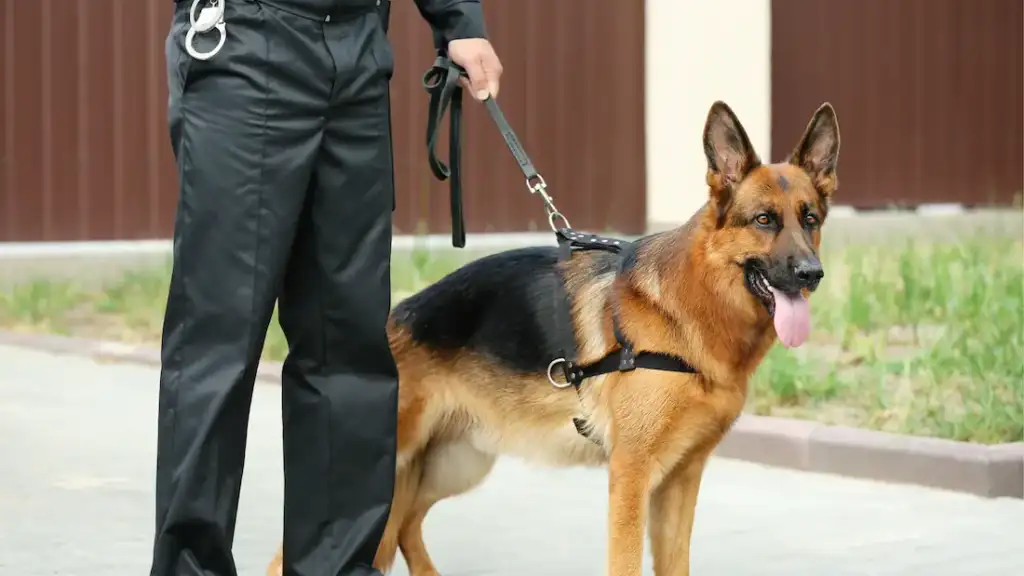

The best protective dog for your home depends on your lifestyle, experience, and what you’re looking for in a companion. A Rottweiler might be perfect for a quiet household with older kids, while a German Shepherd might thrive in an active home with room to run.
No matter which breed you choose, remember that a good guard dog starts with a good bond. With the right training and love, your dog won’t just protect your house—they’ll become an irreplaceable part of your family.
Want help choosing the right dog—or support training the one you’ve already got? We’re here for you. At ModernVet, we’re proud to serve the protective pups (and their people) of North Atlanta.

